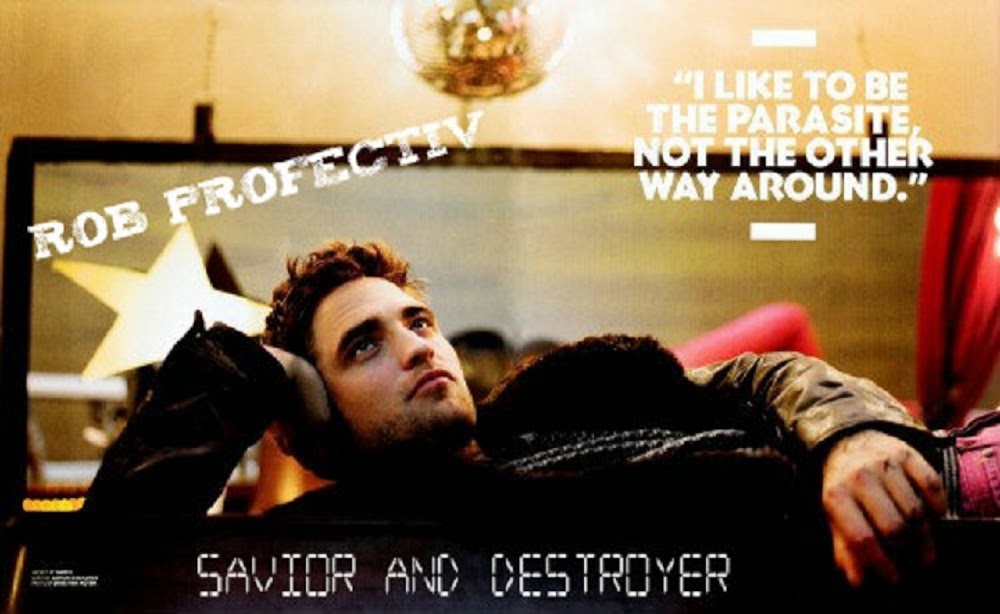Thursday, August 23, 2012
David C.Talks Choosing Robert Pattinson "Leap of Faith" & Describes 'Cosmopolis' "Childlike" Eric
Describing the story in a telephone interview from his Toronto base, Cronenberg explains that “the barber shop is not just a place where you go to get a haircut. It is his past. He’s returning to his childhood, to capture or reconnect with something that in his young adulthood he has lost.”====
Packer is an unsympathetic protagonist, a titan of finance at age 28 who browbeats his employees, cheats on his wife, and presumes (and often incites) the worst in every person and every situation he encounters. It’s no wonder that he travels in an armored car, with a bodyguard, under constant fear of death threats. And yet, Cronenberg, following DeLillo, finds a poignancy to his situation.====
“As the movie progresses,” he says, “he becomes more and more vulnerable and childlike, and he begins to confess that he doesn’t know how to interact, how to talk to his wife. He says, ‘This is how people talk, isn’t it?’ Although he is incredibly powerful and successful in his abstract bond-and-money-trading way, he has disconnected himself. Just as he has insulated his limo, he’s insulated his life from the vibrancy and human energy of the city. And he’s trying to connect with that.” ====
Given the heavy New York atmosphere of the film, it’s something of a surprise that Cronenberg should have chosen the British actor Robert Pattinson for the lead role. ====
Still, he admits, there is, in all such matters, a leap of faith. ===
“It’s just intuiting that he can do the role,” he says. “Because you’re asking him here to do things he hasn’t done before. But I was convinced by the time that I had done all my work that he was the right guy. I knew he was good, and he surprised me by how good he was.”
One of Pattinson’s challenges was the sheer density of the dialogue. “Cosmopolis” is filled with deep, thick, abstract conversations that can feel more literary than cinematic. But Cronenberg says that it’s a mistake to think of cinema as a more purely visual than verbal art. “If you ask me ‘What is cinema?,’” he says, “I would say that the essence of cinema is two people talking. That’s the thing we photograph most in a movie: a person’s face, usually talking. Even in an action movie you get a lot of that, percentage-wise. I’ve never shied away from dialogue because, as I say, I find it innately cinematic. You find people who say, ‘That’s theatrical,’ because for them theater is dialogue. But to me that’s completely wrong. Dialogue is innately cinematic, and when you think of something as ‘theatrical’ you’re thinking of something else, you’re thinking of something structural.” ====
Read the rest HERE
Posted by Shani at 12:53 PM
Subscribe to:
Post Comments (Atom)






























0 comments:
Post a Comment